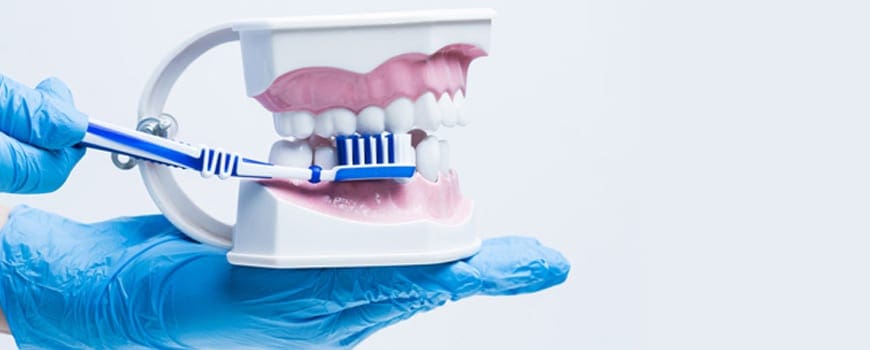What is Periodontal Disease?
Periodontal disease often called gum disease is a group of inflammatory conditions that affect the gums and bone that support your teeth. The symptoms and severity of these conditions vary greatly.
Mild periodontal disease is called gingivitis. It comes before the more advanced forms of gum disease. The symptoms of gingivitis include bleeding and sometimes pain from the gums particularly when brushing your teeth. This is due to inflammation from plaque that forms below the gum line and in between the teeth.
Periodontitis is a more advanced form of periodontal disease. The inflammation damages the gum and bone that supports your teeth. This causes localised gum pockets or gum recession and can lead to teeth becoming wobbly, more gum bleeding, sometimes pain and/or swelling, and eventual loss of some or all your teeth.
Stages of Periodontitis
Stage 1: Initial/mild Periodontitis
Stage 2: Moderate Periodontitis
Stage 3: Severe with potential for loss of teeth
Stage 4: Severe with potential for loss of all teeth
Why do I have Gum Disease?
Some people are susceptible to gum disease. This can be due to a combination of genetic factors (family history), medical factors (diabetes, stress) or environmental factors (smoking, improper brushing technique).
These factors can influence the age at which people will develop gum disease and also how quickly the disease progresses.
How does Gum Disease affect my General Health?
Research shows gum disease is associated with some systemic health conditions such as diabetes, cardiovascular disease, and adverse events in pregnancy. It is believed this is due to the inflammation around the teeth and a complex association of this inflammation to other systemic inflammatory conditions.
How is Gum Disease treated?
We start by measuring bleeding, gum pockets and recession, as well as how well you remove all the plaque from your teeth.
Treatment plans are then tailored to the stage of your disease. Discussing with you your attitude towards treatment and the goals you wish to achieve, is also critical in determining the success of treatment.
Treatment of periodontal disease begins with a very thorough cleaning of your teeth, especially under the gum where plaque (bacteria) and calculus (tartar) have accumulated. We sometimes perform surgical procedures to aid with access for cleaning and repairing of gum that has been damaged by periodontal disease.
Long term maintenance to prevent the disease worsening is also critical. We instruct you on how to care for your teeth and support you with managing lifestyle factors that affect your disease.
Will Gum Disease come back again?
If you are susceptible to periodontitis, then there is a high chance of recurrence. “Supportive periodontal therapy” is part of all treatment plans to help prevent recurrence and involves regular review. regular cleaning and regular instructions on what you do at home to keep your teeth clean. The frequency of dental visits will depend on your level of risk and your stage of disease.
A diagnosis of periodontal disease can be distressing and affects many people. Treatment of periodontal disease is effective but requires commitment in following the at home hygiene plans. If you can control the plaque you can decrease your risk of progression of gum disease. Good plaque control and regular professional cleans is the key to a healthy mouth.
Have a check up at our Spring Hill Dentist in Brisbane and get on track to a healthy mouth by booking online today.
